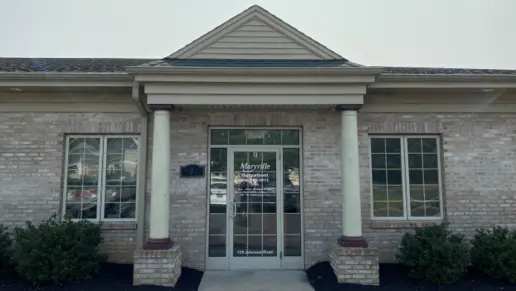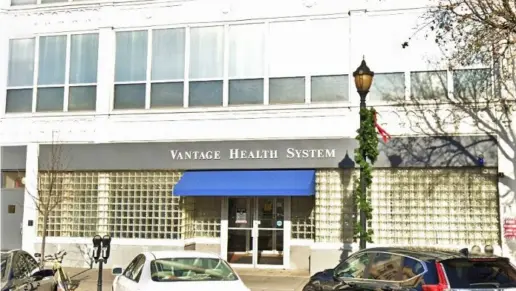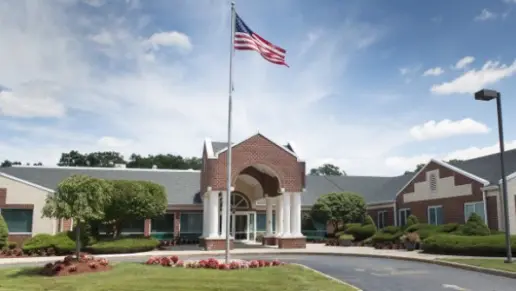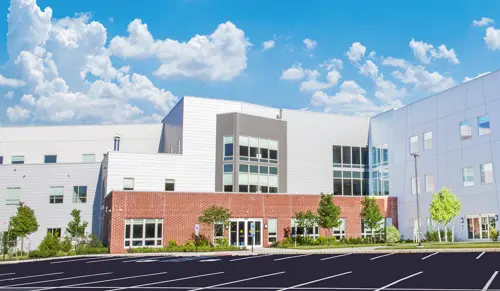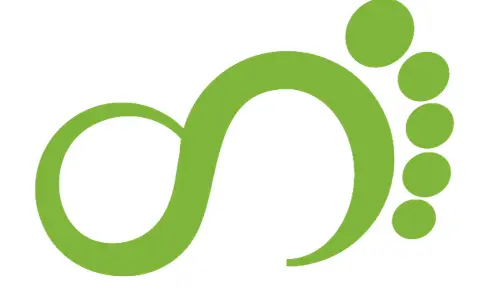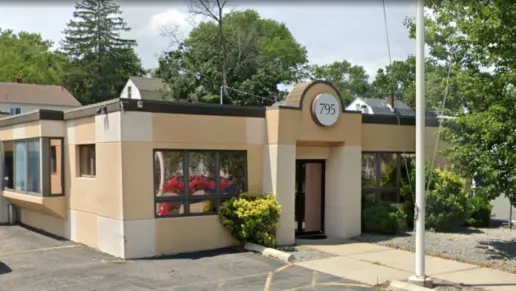About Bridgeway Rehabilitation Services
Bridgeway Rehabilitation Services of Elizabeth, New Jersey, provides a wide variety of outpatient counseling and telehealth options to help people who are struggling with mental health and substance use disorders. Due to their tailored approach to recovery, resilience, as well as community resources they have become one of the indispensable organizations in the Union County area.
Bridgeway’s outpatient counseling services help individuals learn how to manage mental health conditions such as anxiety, depression, and bipolar disorder, alongside any other co-occurring substance use disorders. Their services are evidence-based and focus on skill building, symptom management and promoting independence.
The programs here consist of group therapy, individual sessions and family counseling. Bridgeway offers a tailored approach and works to ensure each client’s treatment plan is in place to meet relevant goals and needs  .
Telehealth services, which allow clients to access care remotely, provide added convenience and flexibility. This is particularly helpful for those faced with transportation or mobility problems, or clients who would rather attend virtual sessions. In this fast-paced world, one of the major benefits of telehealth is that it allows clients to receive continuous care without being required to attend in-person appointments .
Bridgeway’s substance use disorder programs combine counseling, education and support to help clients achieve and maintain sobriety. They make it a practice to treat not only the addiction but also any co-occurring mental health issues. Their mission is both to provide crisis intervention for those who need it most and to offer continuing support at the most crucial stages of recovery. The facility also offers Psychiatric Emergency Screening Services (PESS) and urgent mental health care, which can help people who are in crisis stabilize and avoid hospitalization if possible  .
Bridgeway is known in the Elizabeth area for its local focus and wide range of services. The Union County site also provides supportive housing services, career services and programs for justice-involved individuals. Their crisis intervention services are available seven days a week, including phone support after hours, showing their commitment to accessibility .
Bridgeway offers different payment plans and accepts Medicaid, Medicare, and private insurance. With a focus on affordability, they do not allow financial barriers to affect access to care, which is important for the underserved folks around the area.
Rehab Score
Gallery
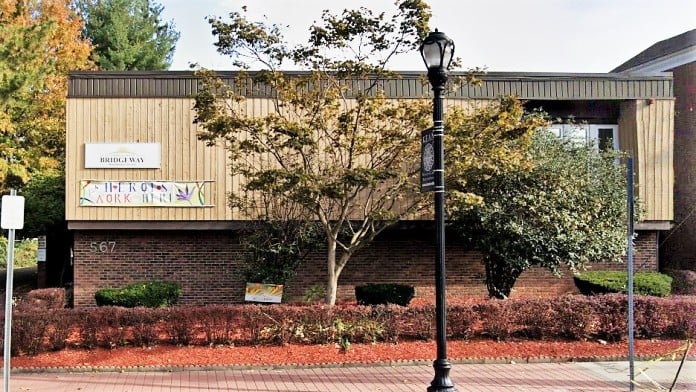
Location
Accepted Insurance
Other Forms of Payment
Private insurance refers to any kind of healthcare coverage that isn't from the state or federal government. This includes individual and family plans offered by an employer or purchased from the Insurance Marketplace. Every plan will have different requirements and out of pocket costs so be sure to get the full details before you start treatment.
Self-pay involves paying for treatment out of your own pocket. You can use savings or credit, get a personal loan, or receive help from family and friends to fund your treatment. If you don't have insurance or your insurance plan doesn't cover a specific program, self-pay can help ensure you still get the care you need.
Sliding scale payments are based on a client's income and family size. The goal is to make treatment affordable to everyone. By taking these factors into account, addiction recovery care providers help ensure that your treatment does not become a financial burden to you or your family, eliminating one barrier to care.
Medicaid is a state based program that helps lower-income individuals and families pay for healthcare. Medicaid covers addiction treatment so those enrolled can use their coverage to pay for rehab. When a program accepts Medicaid the client often pays very little or nothing out of their own pocket.
Addiction Treatments
Levels of Care
Treatments
The goal of treatment for alcoholism is abstinence. Those with poor social support, poor motivation, or psychiatric disorders tend to relapse within a few years of treatment. For these people, success is measured by longer periods of abstinence, reduced use of alcohol, better health, and improved social functioning. Recovery and Maintenance are usually based on 12 step programs and AA meetings.
Drug rehab in New Jersey is the process of addressing the complex issues involved with addiction. Challenges are identified and addressed through individual and group counseling. Participants learn how to manage these issues without the use of substances.
A combined mental health and substance abuse rehab has the staff and resources available to handle individuals with both mental health and substance abuse issues. It can be challenging to determine where a specific symptom stems from (a mental health issue or an issue related to substance abuse), so mental health and substance abuse professionals are helpful in detangling symptoms and keeping treatment on track.
Opioid rehabs specialize in supporting those recovering from opioid addiction. They treat those suffering from addiction to illegal opioids like heroin, as well as prescription drugs like oxycodone. These centers typically combine both physical as well as mental and emotional support to help stop addiction. Physical support often includes medical detox and subsequent medical support (including medication), and mental support includes in-depth therapy to address the underlying causes of addiction.
Programs



Clinical Services
Group therapy is any therapeutic work that happens in a group (not one-on-one). There are a number of different group therapy modalities, including support groups, experiential therapy, psycho-education, and more. Group therapy involves treatment as well as processing interaction between group members.
In individual therapy, a patient meets one-on-one with a trained psychologist or counselor. Therapy is a pivotal part of effective substance abuse treatment, as it often covers root causes of addiction, including challenges faced by the patient in their social, family, and work/school life.
Whether a marriage or other committed relationship, an intimate partnership is one of the most important aspects of a person's life. Drug and alcohol addiction affects both members of a couple in deep and meaningful ways, as does rehab and recovery. Couples therapy and other couples-focused treatment programs are significant parts of exploring triggers of addiction, as well as learning how to build healthy patterns to support ongoing sobriety.
Research clearly demonstrates that recovery is far more successful and sustainable when loved ones like family members participate in rehab and substance abuse treatment. Genetic factors may be at play when it comes to drug and alcohol addiction, as well as mental health issues. Family dynamics often play a critical role in addiction triggers, and if properly educated, family members can be a strong source of support when it comes to rehabilitation.
Life skills trainings involve all the skills a person must have in order to function successfully in the world. These include time management, career guidance, money management, and effective communication. Truly successful addiction recovery is based on the ability to not only live substance-free, but to thrive. Life skills teaches the practical necessities of functioning in society, which sets clients up for success in life, and therefore sobriety.
Amenities
-
Residential Setting





